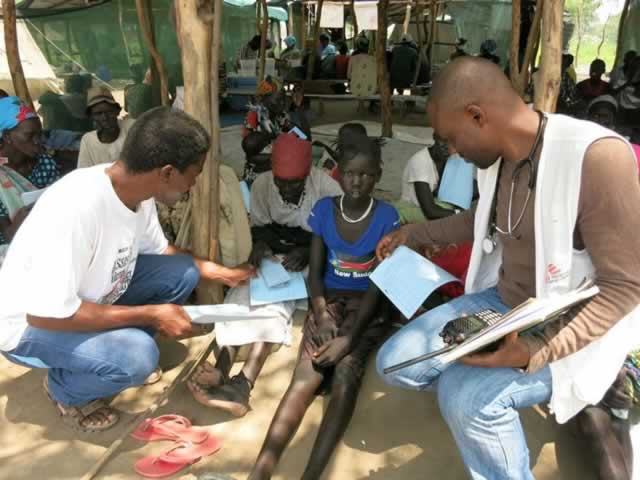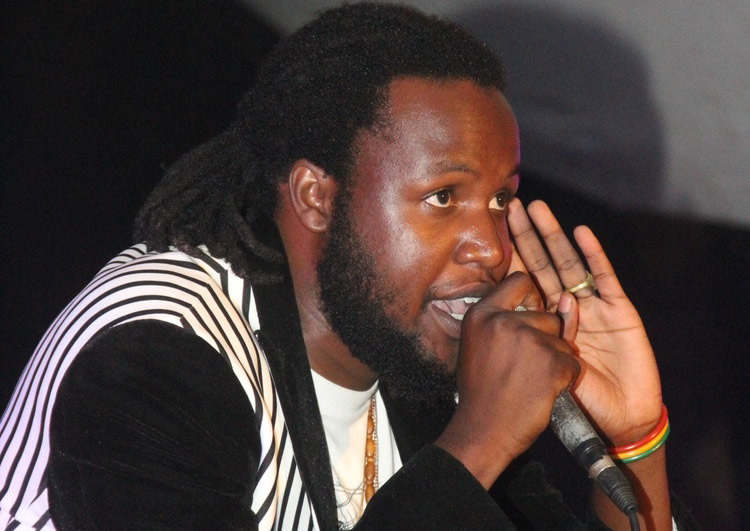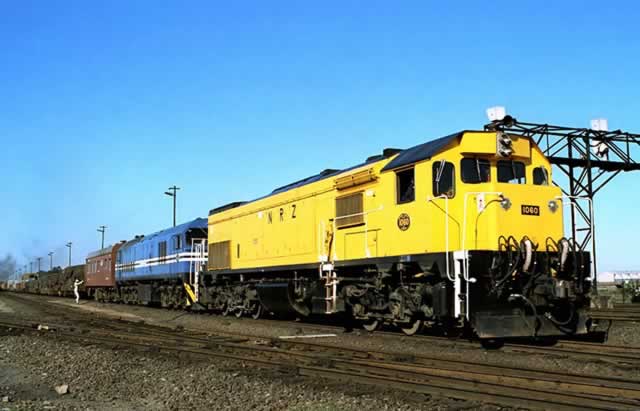Zim nurse turns hero in war zone

Paidamoyo Chipunza Senior Health Reporter
In times of war, many people flee their countries for safety while others take cover in mountains.
Only courageous and committed health workers remain to save the wounded and the sick especially in foreign land.
It takes intense passion for saving lives to accept a humanitarian mission in a potential war zone, where not only your own life could be at risk but where there is absolutely no public health service to talk about.
It takes a brave heart to accomplish such a mission.
This was the uphill task assigned to Zimbabwean born George Mapiye (41) in November 2013.
Mapiye was to lead a Medicines Sans Frontierers (MSF) medical team responding to the health needs of the people of Lankien – a village located north east of South Sudan.
MSF had been working in Lankien since 1995.
“I had a briefing of how the situation was in Lankien, South Sudan and what might happen there. The instabilities that were being experienced of late were inter-and intra-clan fighting and I said yes, I will take up the task,” said Mapiye, a nurse.
He had to leave his wife and two children back home as he began his journey to the pole and dagga village of Lankien to deliver what he enjoyed most – saving lives.
On arrival, Mapiye started off this mission as an HIV and TB nurse but ended up being in charge of the medical team as his bosses, the team leader and the co-ordinator went on leave as the war got intense.
A medical team leader co-ordinates all medical activities, works hand in hand with the logistics team and project co-ordinator in making sure the project is operating according to the needs of the target population among other critical roles.
The medical team consists of doctors, nurses and other health workers.
At first, Mapiye said, the Lankien project was stable.
But in mid-December, six weeks after his arrival when the war started in Juba, the capital of South Sudan, things became rather unbearable.
The war started in the barracks. This was between the army side supporting the President (Salva Kiir) and the other faction supporting the ex-vice president (Riek Machar) and it spread to the whole country, including Lankien, where it ended up being inter-clan.
“At times we would take cover in our banger (a safe house built on lower ground than other shelters on the compound) but when the fighting got even worse we had to be evacuated to a safer place,” said Mapiye recalled.
He reminisced how they were brought back to their compound as more health care to the wounded and the sick was required.
When he arrived in Lankien, the health facility had bed occupancy of about 90 patients and mainly offered primary health care.
Admissions were mainly for malaria, tuberculosis, kala azar (also known as visceral leishmaniasis) and malnutrition, among other diseases.
By the time he completed his mission last month, the health centre had grown to be a 300-bed hospital due to unexpected outbreaks of kala azar off its season, war wounded cases, measles, malnutrition, malaria and TB.
“It was mainly kala azar and war-wounded patients who occupied more space than other conditions. Initially, we had no facilities for surgical procedures and we had to improvise until we got these facilities and skills in place,” he said.
Kala azar is a tropical disease caused by bites from a sand-fly, which is much smaller than a mosquito.
Signs and symptoms include dry coughing, fever of more than two weeks, liver enlargement, spleen enlargement, loss of weight, loss of appetite, anaemia, abdominal pains, nose bleeding and diarrhoea sometimes. It is a seasonal disease.
Mr Mapiye said during this period, with the assistance of fellow MSF workers, he managed to set up a surgical ward and inflatable theatre.
“We grew from being one of the smallest hospitals to being the biggest in a space of eight months from January 2013,” he explained.
During his mission in South Sudan, the most difficult time was when the locals got involved in the fighting.
It was sad. Sometimes they had to watch weapons miss their targets and destroy the hospital as well as injure MSF staff.
He said at that same time, their facility was characterised by sounds of children crying and adults groaning in pain.
“Even though I was also scared, I had to reassure the staff as a leader, negotiate with them to stay and know that there was greater need for them to continue helping patients who were being brought in,” he added.
Being in a war zone is chilling.
Mapiye explained: “You could see staff breaking down as they came to reality with war and could not stomach the fightings anymore. I just told myself that we are humanitarian workers and work had to be done so we stayed put.
“Anger would sometimes arise among the short-tempered staff but, as a leader you have to remain calm and stand by the organisational principles of being neutral, independent, impartial and being a medical humanitarian organisation not any army-related organisation.”
Other difficult moments included when in the middle of the crisis they were faced with four disease outbreaks not in any way related.
“You are faced with four outbreaks not related in anyway and you have to bring in medical supplies for each in enough quantities. There was no adequate space in the small planes we were using and this was the major hurdle,” he said.
At the same time, he needed to bring in food and non-food items both for the patients and staff and at times planes were not allowed to fly in.
“It was not by my might or power that I managed to survive and stand the pressures of this volatile environment but, my ability, professionalism, strength and courage pulled me through,” he said.
As a human, he said, there were times where the volatility became so tense that he felt like jumping off the train.
Incredibly, he soldiered on.
“A lot of people ended their missions earlier whilst others who were supposed to come and relieve others had to withdraw but I kept my head high. I salute the team I worked with during this period. Their courage also helped us as a team to soldier on against the torrential like forces of the environment we were in,” he said.
Mapiye urged fellow humanitarian workers to keep the spirit of teamwork and stay focused whenever they were assigned to an area in crisis.
His experiences in South Sudan where he assumed a role of team leader in a crisis made him much stronger than he was before.
“I had not experienced this before in my life but, I kept on staying in this environment until the very end.
I managed to stay there for 10 months. This was a month more than the nine months that I was supposed to be there. I managed to run the race till the end. When I look back, I say, I did well. My song is, “Together Team, Together” because I could not manage alone but, in a team,” he said in his parting words.
Mapiye said if he managed to survive in a war-torn zone, he is now more than confident to save lives in any situation even in Ebola-stricken West Africa.
Before South Sudan, Mr Mapiye worked for the Government of Zimbabwe and PSI. He then joined MSF South Africa between 2008 and 2012.
In 2013 he was posted to Kenya to assist with projects in Somalia.
Feedback: [email protected]










Comments